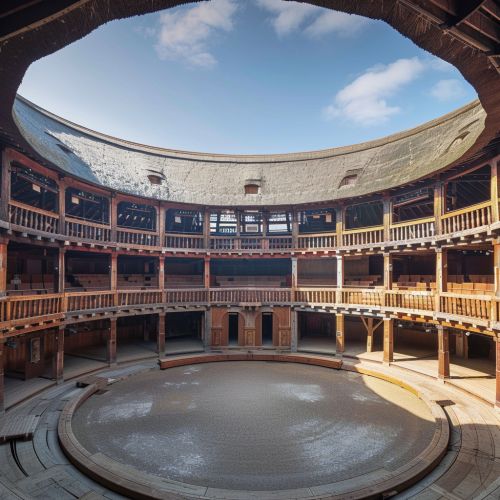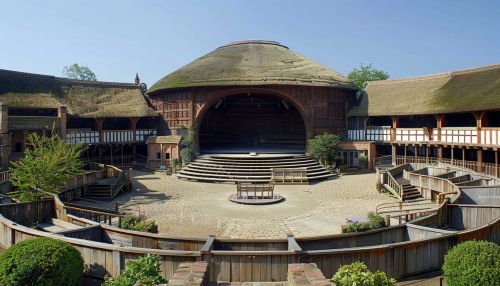King's Men
Overview
The term "King's Men" historically refers to various groups of individuals who were directly associated with or served under a monarch. This term has been used in different contexts, ranging from royal guards and courtiers to specific groups in literature and history. The most notable usage of "King's Men" is in relation to the theatrical company that performed under the patronage of King James I of England. This article delves into the multifaceted nature of the term, exploring its historical, cultural, and literary significance.
Historical Context
Royal Guards and Military
The "King's Men" often referred to elite units of soldiers or guards who were tasked with protecting the monarch and ensuring the security of the royal household. These units were typically composed of highly trained and loyal individuals who were selected for their skills and dedication. One of the most famous examples is the Household Division, which includes regiments such as the Life Guards and the Blues and Royals. These units have a long-standing tradition of serving the British monarchy and are known for their ceremonial duties as well as their operational roles.
Courtiers and Advisors
In addition to military personnel, the term "King's Men" also encompassed courtiers and advisors who played crucial roles in the administration and governance of the kingdom. These individuals were often members of the Privy Council, a body that advised the monarch on matters of state. The council included influential nobles, clergy, and other high-ranking officials who wielded significant power and influence. Their responsibilities ranged from advising on domestic and foreign policy to managing the royal finances and overseeing legal matters.
Literary Significance
Shakespeare's Company
One of the most renowned uses of "King's Men" is in reference to the theatrical company that performed under the patronage of King James I. Originally known as the Lord Chamberlain's Men, the company was renamed the King's Men in 1603 when James ascended to the throne. This company included some of the most famous actors and playwrights of the time, including William Shakespeare. The King's Men were granted royal patronage, which provided them with financial stability and increased prestige. They performed at the Globe Theatre and later at the Blackfriars Theatre, producing some of the most iconic works in English literature.


Influence on English Drama
The King's Men had a profound impact on the development of English drama. Their association with Shakespeare and other prominent playwrights of the era led to the creation of numerous masterpieces that have endured through the centuries. The company's performances were characterized by their innovative use of language, complex characters, and exploration of universal themes. The patronage of King James I also allowed them to experiment with new forms of drama, including the masque, a form of court entertainment that combined music, dance, and elaborate costumes.
Cultural Impact
Symbol of Loyalty
The term "King's Men" has also come to symbolize loyalty and service to the crown. Throughout history, individuals and groups who were referred to as the King's Men were often seen as paragons of loyalty and dedication. This symbolism has been perpetuated in various forms of literature, art, and popular culture. For example, the phrase "all the king's horses and all the king's men" from the nursery rhyme Humpty Dumpty evokes the idea of the monarch's loyal subjects attempting to restore order.
Modern Usage
In contemporary times, the term "King's Men" is less commonly used but still holds historical and cultural significance. It is often invoked in discussions of royal history and heritage, as well as in the context of ceremonial roles within the modern British monarchy. The term also appears in various forms of media, including films, television shows, and literature, where it continues to evoke the themes of loyalty, service, and dedication.
